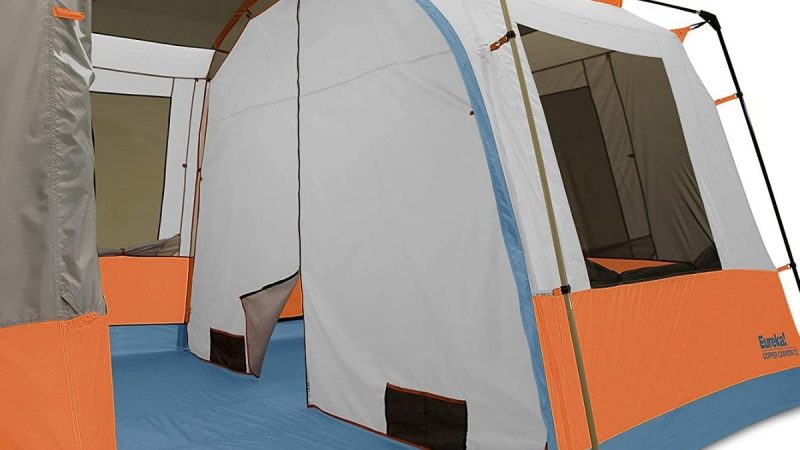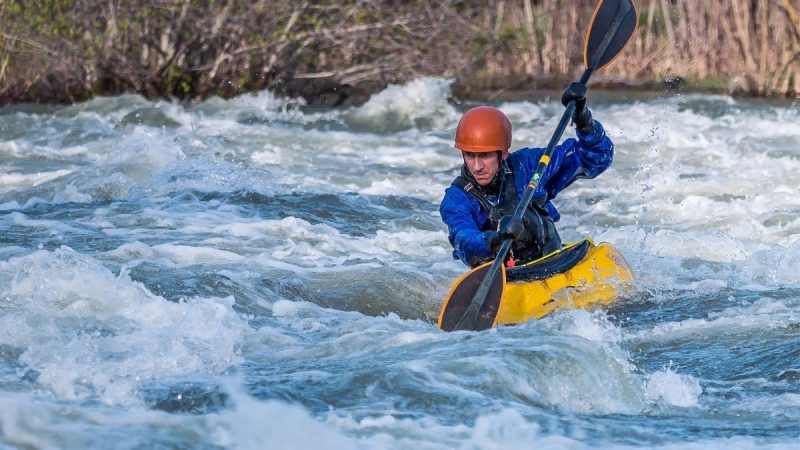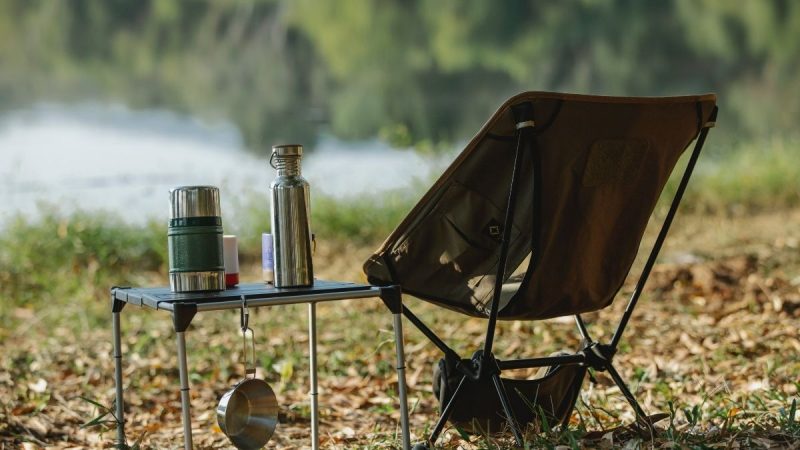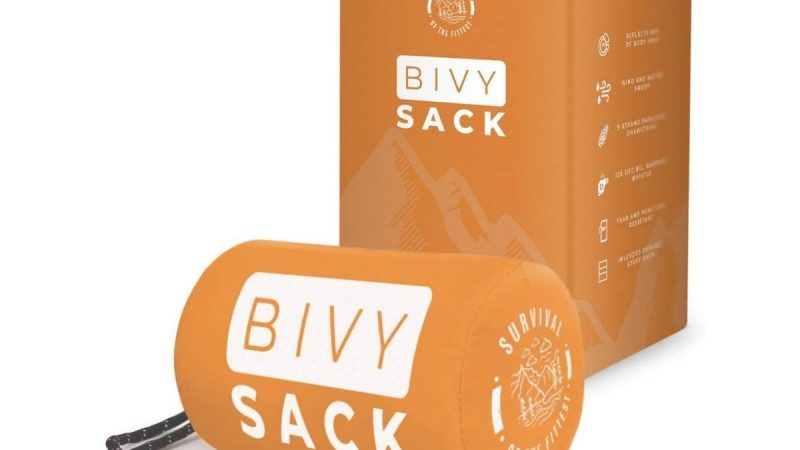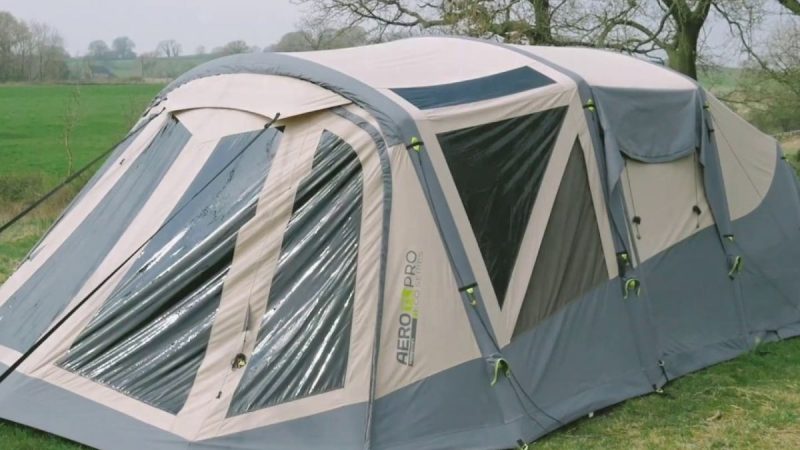Backpackers and How to Protect the Environment
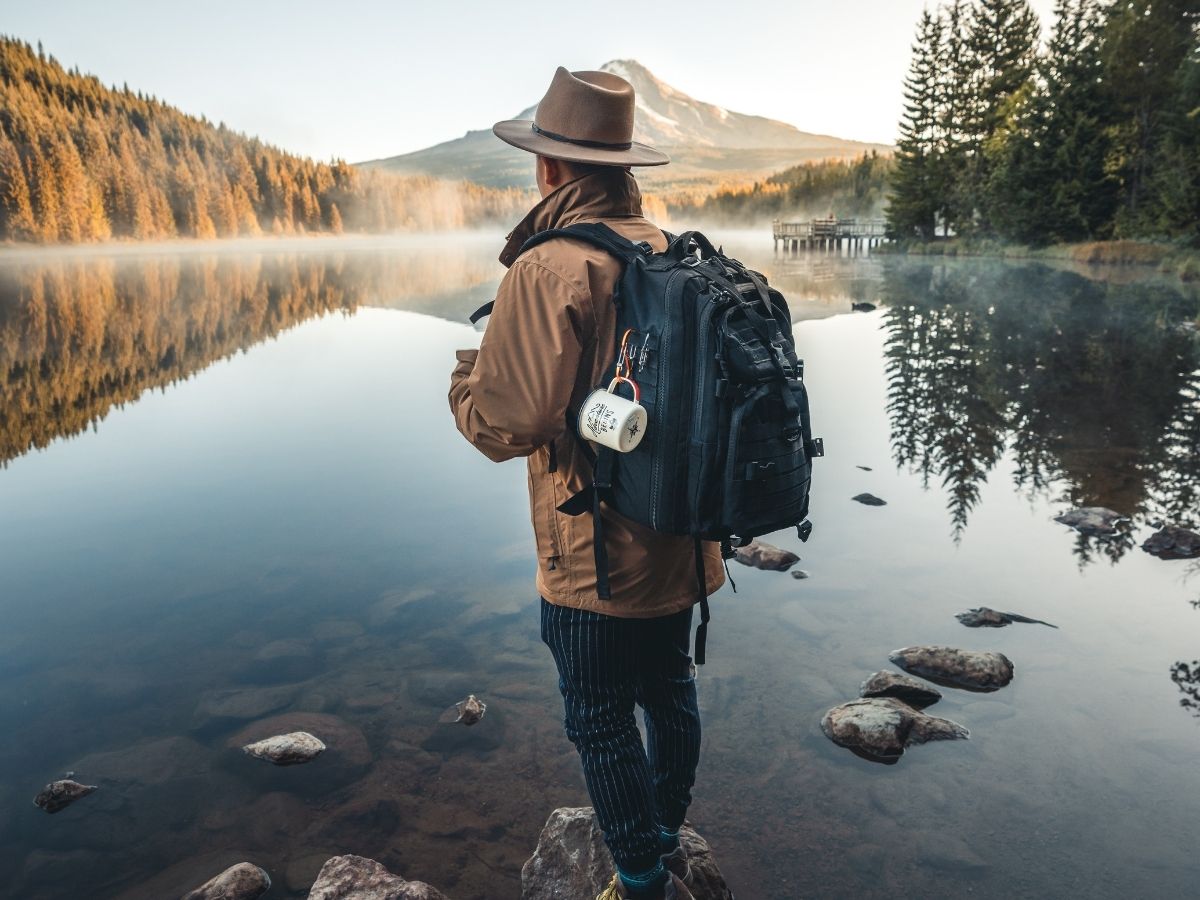
Backpackers and how to protect the environment have been two aspects of life that have been in the limelight in recent years. Backpackers are people who travel long distances with their backpacks, which contain all their belongings. Many backpackers will do this indefinitely or for a certain amount of time before returning to their normal lives, kind of like gap-year students. These backpackers provide interesting insights into how people can act in more sustainable ways when it comes to their daily lives.
Many backpackers, when they make the conscious decision to travel around with their backpacks for an extended amount of time, will take measures in order not to damage the environment too much. For example, most will try and eat local food rather than packaged foods that use excessive amounts of packaging which has been shipped halfway across the world or avoid buying things like water bottles that will inevitably be thrown away.
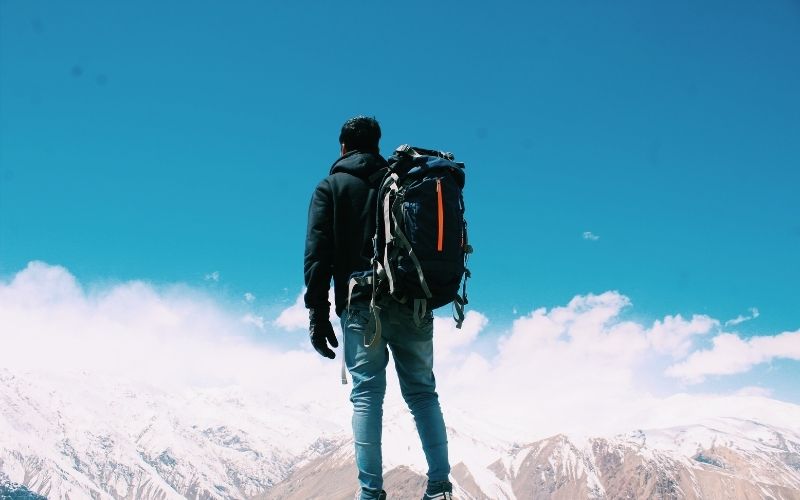
Backpacker Lessons on How to Protect the Environment
Protecting the environment is not just a job for organizations or governments, it is a duty for everyone. This includes backpackers who take part in activities that damage our environment. They should not be an exception to the rule. When someone finds out that they are harming the environment by doing something as simple as leaving their water bottle on the beach, then they will encourage others to do the same by setting a good example.
Protecting the environment is all about changing your daily life to reduce harmful activity and promoting positive actions through your personal choices. We have to stop thinking of environmentalism as just another idea or factor which also needs taking into account when making decisions about how we live our lives but instead understand it fully so we can make changes straight away without any hesitation or apprehension weighing down on us.
Backpackers are great examples of people who have had to adapt their lifestyle to reduce how much they damage the environment. Below are a few lessons we can learn from backpackers when it comes to protecting the environment.
No Wastage of Food
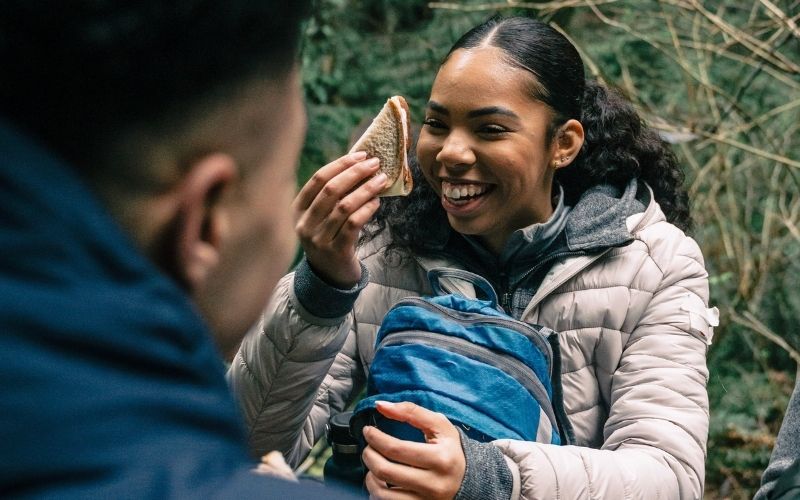
Backpackers live in a hostel, so there is no need for them to cook and eat at home. This means that if they don’t use the food they buy, it will go to waste. To avoid this, backpackers always check what free food is available. For example, there are normally heaps of cereal boxes and other breakfast foods like bread available for free in hostels’ kitchens. These items are unopened so they can be considered fresh before taking them for consumption.
There is also usually some fruit leftover that has not been eaten during the day or perhaps snacks that haven’t been opened by other people staying at the hostel due to certain allergies or dislikes. All these items are perfect for backpackers because they provide something tasty without costing anything extra!
Using Global Resources Wisely
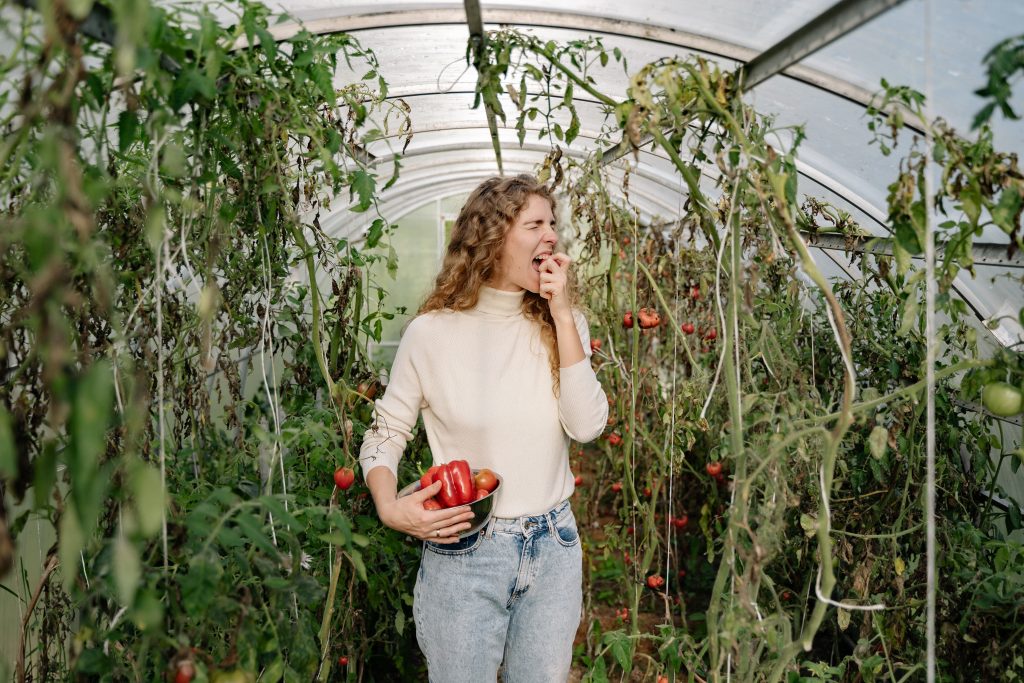
Backpackers understand how important it is to utilize global resources. They do this by eating food that has been locally produced, not processed, or packaged in a factory and then transported for thousands of kilometers before reaching the supermarket. This means they are only consuming what is available in their region, which is much more beneficial to the environment than eating imported produce from other parts of the world because it takes less energy to get it to where it needs to go.
Being Aware of Your Carbon Footprint
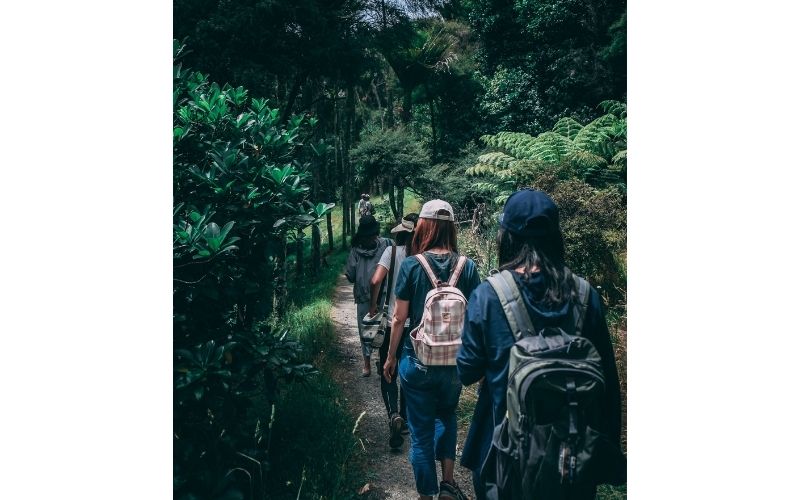
Backpackers understand how important it is to reduce their greenhouse gas emissions so they walk or bicycle instead of using transport every time possible. It may take longer but you won’t be harming anyone with your journey! Also, backpackers usually do not need air conditioning while traveling around because hostels are often centrally located and they can enjoy the nighttime breeze. They also avoid using elevators because most hostels only have two floors which are easy enough to climb.
Respecting Cultural Differences

Backpackers tend to be more open-minded and accepting of new ideas which usually encourages them to behave in a socially sustainable way. They are willing to learn from people living in the place they visit and they embrace cultural differences instead of trying to change things that don’t suit them.
Many backpackers also work with local communities on projects, such as teaching English or building schools, which helps support the economy by promoting tourism within the country. It is always better for a traveler to spend money locally rather than overseas when visiting a new place because it ensures they will not be taking away from the economy of the region but instead benefiting it somehow through their activities.
Managing Life without Luxuries

Backpackers are normally on a budget so they can afford to live without luxuries. This means they don’t have the money or time to obsess over what they are wearing, what brands are out there, and worrying about how much things cost. They know that items are just items so they do not need to worry unless it is necessary.
Not only does this mean backpackers buy fewer products but it also means they won’t be wasting money by throwing away old clothes every few days because of stains or tears. If something doesn’t suit their style anymore then instead of buying new ones they find someone else who may like it more!
Trusting One Another
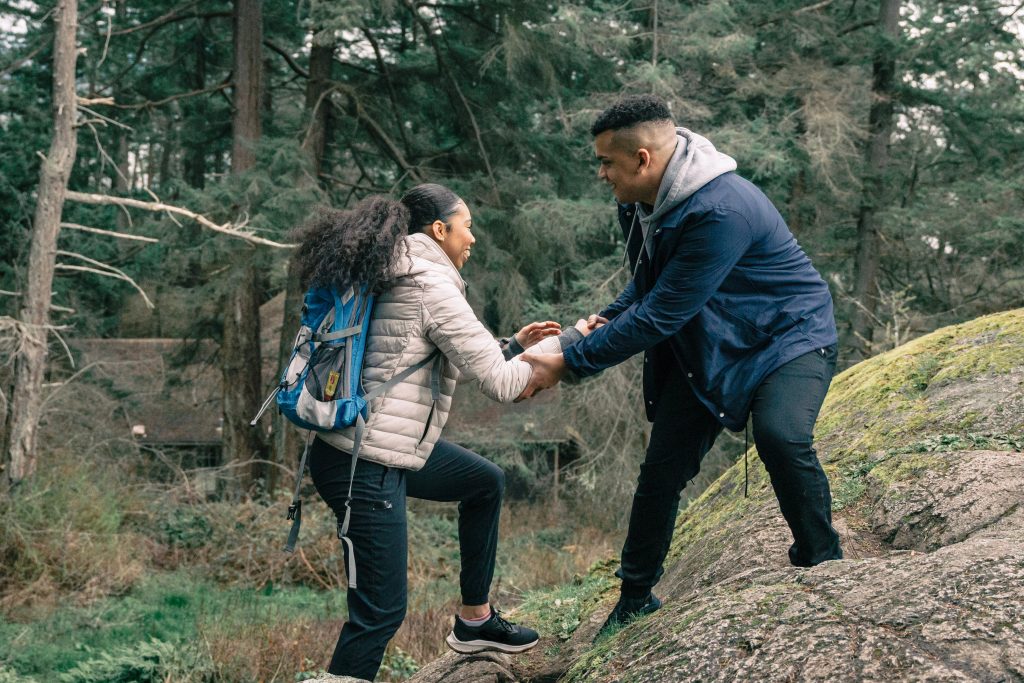
Backpackers realize that it is important to not only trust the people they meet on the road but also the other backpackers they’re living with. This enables them to work out a system where everyone chipping in for food means there is less waste and sharing cleaning responsibilities means things remain clean without any arguments.
Not being materialistic encourages backpackers to get along with each other because no one will be trying to display their new purchases or show off their brands. They live together so they have to respect one another and not use items as weapons of social destruction!
How to Protect the Environment with Environment Friendly Gear
As a backpacker, perfect gear from top to bottom and accessories are a must-have when you’re doing things in the wild. If you’re going to be camping or hiking then being able to recharge your gadgets and devices is a good idea so you can keep in touch with everyone back home and find out what’s happening in the world – without having to take lots of money with you to buy new batteries every time they go flat.
It’s best for backpackers who want to protect the environment because being responsible not only benefits local communities but it also protects native plants and animals from extinction which directly impacts the well-being of our planet. To do this there are two options: either invest in equipment that allows you to use less power or purchase long-lasting power saving gear from companies who encourage renewable energy usage.
Environment-friendly Backpacker’s Gear
Camping with Zero Waste
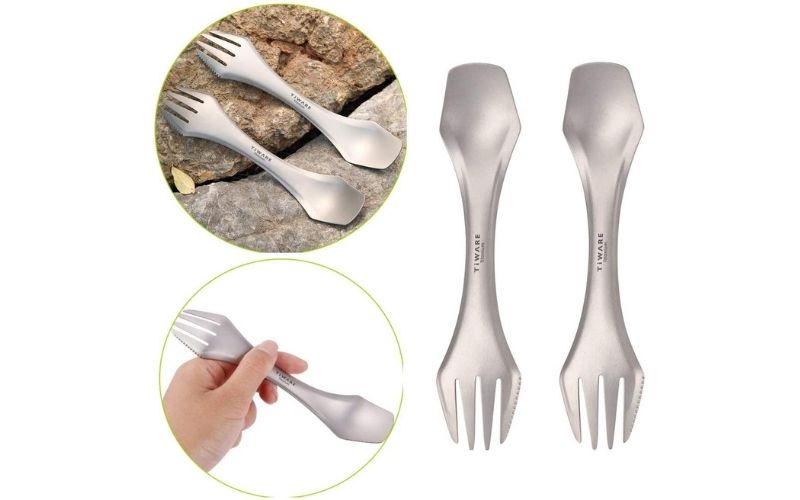
One of the best ways to protect the environment when camping or hiking is to take no waste with you. This means taking reusable products rather than single-use items so nothing goes to waste.
When you’re carrying the weight of your gear on your back, it is best to use lightweight and sturdy items made from sustainable materials which last for longer periods and do not need constant replacement.
Backpackers traveling around South East Asia can even learn how to recycle their rubbish into useful products such as compost using worms or green straw! There are many ways to repurpose trash into treasure when you’re out enjoying nature!
Reducing Your Carbon Footprint with Green Gear
If you’re camping then there is no reason why your belongings need to be manufactured in a wasteful way. Many companies now make environmentally-friendly equipment like tents and sleeping bags which are made using recycled materials and encourage safe dye practices.
Sustainable backpacker gear is easily available in local recycling stores, garage sales, or even at the REI Co-op. Doing this means you get a good price for items that will last but also help save the world!
Organic waste is not doing anything good for nature, so let’s stop that!
Chewable Toothpaste Tablets

This is an amazing way to reduce your environmental footprint. It is also a great way for backpackers who want to protect the environment. It comes in a glass jar that can be reused or recycled and refills are available for each person!
So, what is it?
It’s toothpaste tablets, which means you don’t need water to make them work. Whether you’re at home or on the road, this product provides the same level of cleanliness as regular toothpaste does. This product uses Xylitol as an alternative to fluoride (which has been linked to osteoporosis).
How do I use it?
You place this tablet against your teeth and let it dissolve. Then you simply brush like normal! After brushing rinse with purified water (a reusable water bottle is another great way to protect the environment).
The ingredient list is short and easy to read. However, it contains no SLS or other unnecessary ingredients that are usually in regular toothpaste. You can also rest easy because this product does not contain any artificial colors or flavors.
As simple as chewing gum…
Silicone Re-usable Storage Bags
This is an ideal solution for backpackers who want to protect the environment. If you’re camping, backpacking, or traveling in general, then keeping your food fresh is essential. This is in direct link with good health and a quality experience.
Stasher bags are 100% waterproof. Hence you can use them hundreds of times over several years by simply washing them out with water. They come in a variety of sizes. This makes them excellent for all kinds of trips from short day hikes to expeditions across the globe.
The reusable storage bag provides an eco-friendly alternative to single-use plastic bags. So it keeps them out of landfills and our oceans! It prevents any dampness from getting onto your food as well as being microwavable, freezer safe, and dish safe! That means no more zip lock bags full of water!
Keeps your foods fresh for over 24hrs, even in the heat…
Conclusion – Should We All be Backpackers?
To conclude, global warming and the harm we are doing to the planet are becoming more and more apparent. Whether you choose to be a backpacker or not, is why
I think we should. If you want to protect the environment and get cheaper prices then yes, backpackers are for everyone! The best way to save money and help the environment is to support local businesses and purchase used goods where possible (such as at garage sales).
Backpacking is an ideal way of getting fit, becoming more independent, and exploring like a real explorer.
Moreover, check out this article to know how you can pack your backpack the right way using rucksack style. Cheers to all the backpackers!

